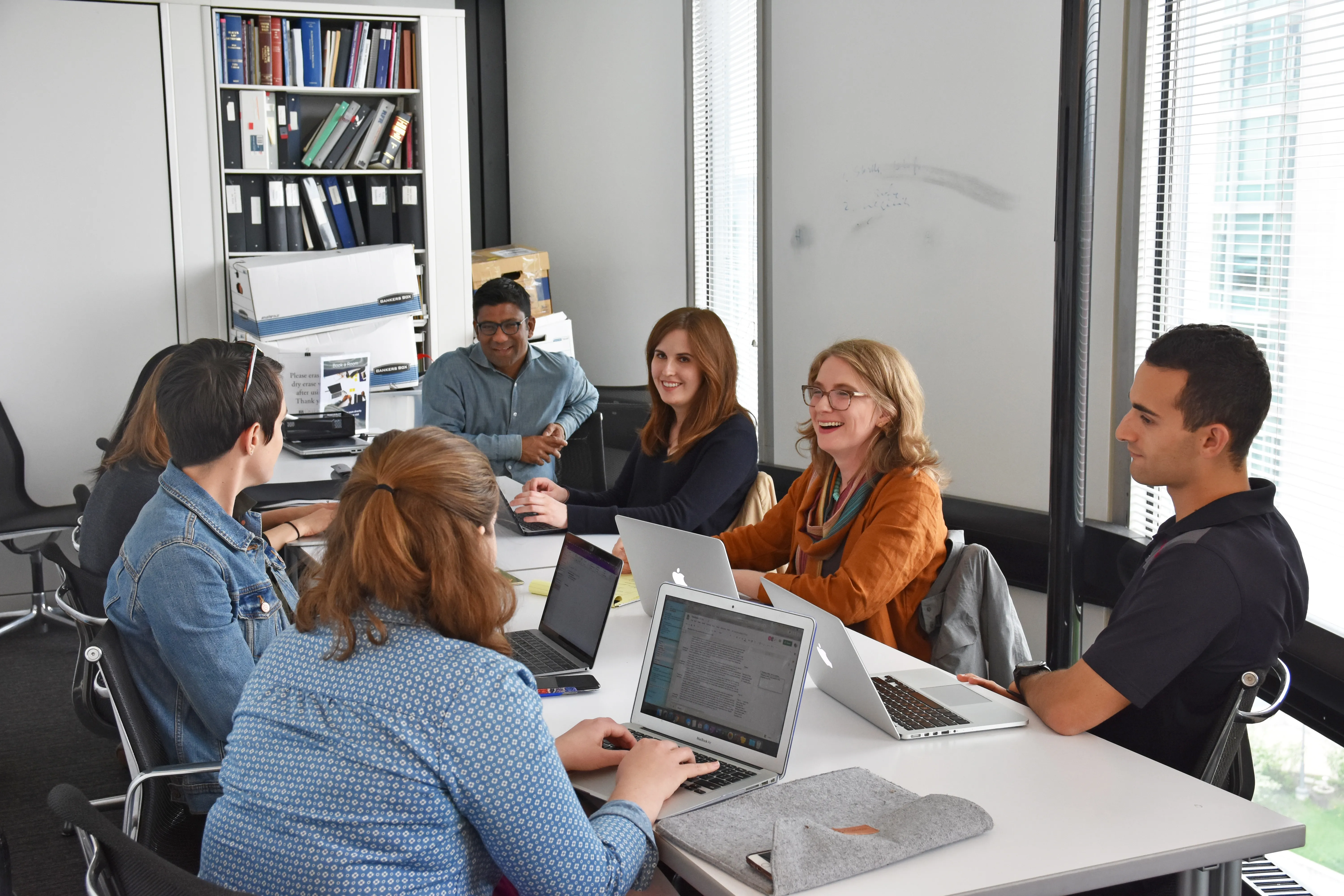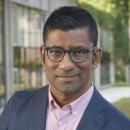Law Students Investigate Reported Rise in Hate Crimes in America

In the wake of the 2016 presidential election, amid a flurry of media reports suggesting an uptick in hate crimes, a group of University of Chicago Law School students began to discuss a shared concern: Hate crime data were inconsistent and incomplete. It was difficult to know, and even harder to prove, whether marginalized communities were actually experiencing increased rates of violence and intimidation—information critical to creating effective policies.
What’s more, most of the organizations serving those populations were already stretched thin; most had neither the time nor resources to confront the flaws in the data. So the students decided to tackle the issue themselves, drawing on the analytical training of law school to create a roadmap for improving America’s understanding of hate crimes.
“We came into this believing that these communities were being targeted, but without robust and well-informed reports … it is hard to make reliable inferences and claims about what’s happening,” said Madeline Hall, ’19. “We wanted nonprofits to be able to talk about the experiences of victims with certainty and accuracy.”
In the winter of 2017, the students, most of them first-years, launched an independent research project that would span the rest of their law school careers. The result was an 88-page report, released September 18, aimed at helping nonprofits improve the accuracy and depth of their hate crime data while outlining the challenges facing organizations that track hate crimes.
The story behind its creation is quintessentially UChicago: an intellectual mission that grew from casual discourse about national events, fueled by a desire to effect meaningful change.
“I think it started with … informal conversations about what was happening in the country, how it was alarming that there were these reports about hate crimes increasing,” Hall said. “We sought out Professor [Aziz] Huq because we knew he would talk with us about what we were hearing and feeling and help us bring a legal lens to it.”
While a third-year student in the group graduated in 2017, the remaining students—Hall, Whittney Barth, Katherine Bruce, Beth Daviess, Gabriel Lazarus, and Caroline Sabatier—devoted much of their second and third years to the project before graduating in 2019. Huq, a leading constitutional law scholar, mentored the group but stayed in the background to allow the students to lead the work. He created a formal space for their research through a practicum that ran the past two academic years, and he wrote the report's forward, calling it "vital reading for all those who want a tolerant and inclusive nation."
“The [authors] were fully engaged and thinking practically about how insights from the academic literature could be implemented on the ground,” said Huq, the Frank and Bernice J. Greenberg Professor of Law. “I think the report has the possibility of improving what private organizations and public agencies do in the face of what, after [the recent mass shooting in] El Paso, is hard to view as anything other than a serious public policy problem.”
Although the report is aimed primarily at nonprofits, the authors eventually hope to see more collaboration among law enforcement agencies, legislative bodies, nonprofits, and other stakeholders.
“Different jurisdictions and institutions use different definitions of hate crimes, which makes comparison and aggregation difficult,” Barth said. “At the ground level, the information isn’t collected in standard, uniform ways, and even once it is collected, it isn’t always communicated consistently.”
Even more difficult to address are issues of human error or lack of training: The advocate or officer recording a crime might not realize, for instance, that the victim is gay and might have been the target of an anti-gay attack—or she or he might not know how to categorize the crime. Explicit and implicit bias also can hamper efforts, and victims are often reluctant, or afraid, to report the crimes.
Nonprofits that track hate crimes offer a good starting point for overcoming some of these issues, in part because they often have wide networks within and deep knowledge of particular groups—making them better positioned to collect accurate information, the report’s authors argue.
The report recommends that organizations:
- Collaborate to share the burden of collection efforts and victim outreach.
- Create a uniform definition of hate crime to serve as a baseline for data comparison—an effort that could also make it easier for victims to self-identify with greater certainty.
- Consider pooling resources to increase victim outreach and support. This can include advocate training as well as efforts to ensure that victims know how and where to report hate crimes.
- Disclose the data’s shortcomings and exercise care when making claims. “Credibility is key,” Barth said.
- Consider a mixed-methods approach to data collection, using both quantitative and qualitative approaches. Quantitative data may be easier to analyze, but qualitative data may offer deeper insight about incidents, the authors said.
- Choose data-collection approaches that leverage an organization’s strengths and connections, fit its resources, and complement existing research, especially when it cannot engage in both qualitative and quantitative data collection. With good collaboration and coordination, smaller organizations can contribute to the bigger picture.
The authors—who currently are working at law firms or as judicial clerks across the country—said the project was intense and rewarding.
“This is one of the more analytically rigorous things I’ve done professionally and personally,” Hall said. “No assumption went unquestioned, and no sentence went unexamined—we revised how we approach and think about these issues. This has underscored for me what can be done when seven well-meaning and thoughtful people come together to work through an issue. The personal experience of working with several of my best friends and colleagues has been incomparable.”
